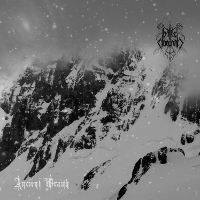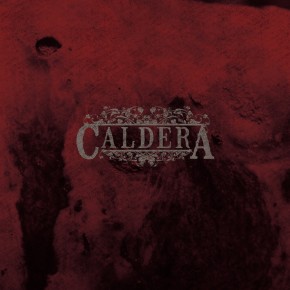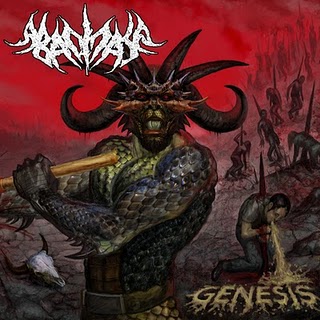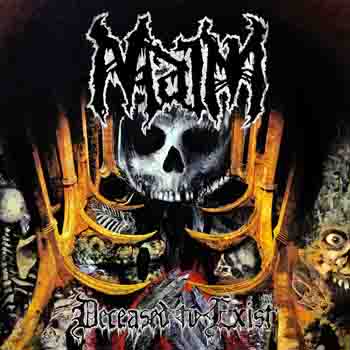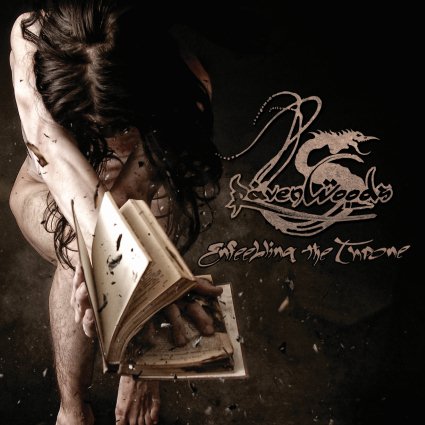Coldness, that prevailing theme of a myriad of black metal albums, is also the main component on Battle Dagorath’s second album Ancient Wraith, a freezing 70-minute package of harhs black metal that has its ups and downs.
As soon as the synth-filled introduction ”Spirits of Winter Darkness” is over, the 12-minute ”Empire of Imperial Shadows” attacks with steady tremolo picked guitar lines laden with something mysterious and evil. The vocals I find very reminiscent of Striborg, in that there’s a great deal of distortion and delay used, making it all sound a little unnatural. Speaking of which, the drums are programmed as well, although it’s pretty well hidden in the harsh soundscape of the album. Yet at times the machinery hihat hits can get a little irritating, anyway.
Compositionally, Ancient Wraith is pretty much in balance throughout, never properly amazing me but admittedly there are some quite damn hypnotizing moments, such as on the 14-minute ”Kingdom of Black Abyss” that has a really sweet mid-tempo section towards the end, melancholic, ringing guitar melodies being picked with a fitting synth mat in the background, making a really effective atmosphere. ”Ancient Spectre of Oblivion” will undoubtedly divide opinions, being a 19-minute monster of pure ambient and drone. I find it fitting to the album’s theme though the length becomes its obvious glitch.
By no means is Ancient Wraith a mandatory purchase but it does deliver some authentic sounding black metal coldness, hence deserving a full three star score, also due to some of the majestic highlight moments in a few corners of the album. Perhaps with a little more organic production and more innovative compositions Battle Dagorath could next time conjure up a truly great release.
As soon as the synth-filled introduction ”Spirits of Winter Darkness” is over, the 12-minute ”Empire of Imperial Shadows” attacks with steady tremolo picked guitar lines laden with something mysterious and evil. The vocals I find very reminiscent of Striborg, in that there’s a great deal of distortion and delay used, making it all sound a little unnatural. Speaking of which, the drums are programmed as well, although it’s pretty well hidden in the harsh soundscape of the album. Yet at times the machinery hihat hits can get a little irritating, anyway.
Compositionally, Ancient Wraith is pretty much in balance throughout, never properly amazing me but admittedly there are some quite damn hypnotizing moments, such as on the 14-minute ”Kingdom of Black Abyss” that has a really sweet mid-tempo section towards the end, melancholic, ringing guitar melodies being picked with a fitting synth mat in the background, making a really effective atmosphere. ”Ancient Spectre of Oblivion” will undoubtedly divide opinions, being a 19-minute monster of pure ambient and drone. I find it fitting to the album’s theme though the length becomes its obvious glitch.
By no means is Ancient Wraith a mandatory purchase but it does deliver some authentic sounding black metal coldness, hence deserving a full three star score, also due to some of the majestic highlight moments in a few corners of the album. Perhaps with a little more organic production and more innovative compositions Battle Dagorath could next time conjure up a truly great release.
3 / 5

